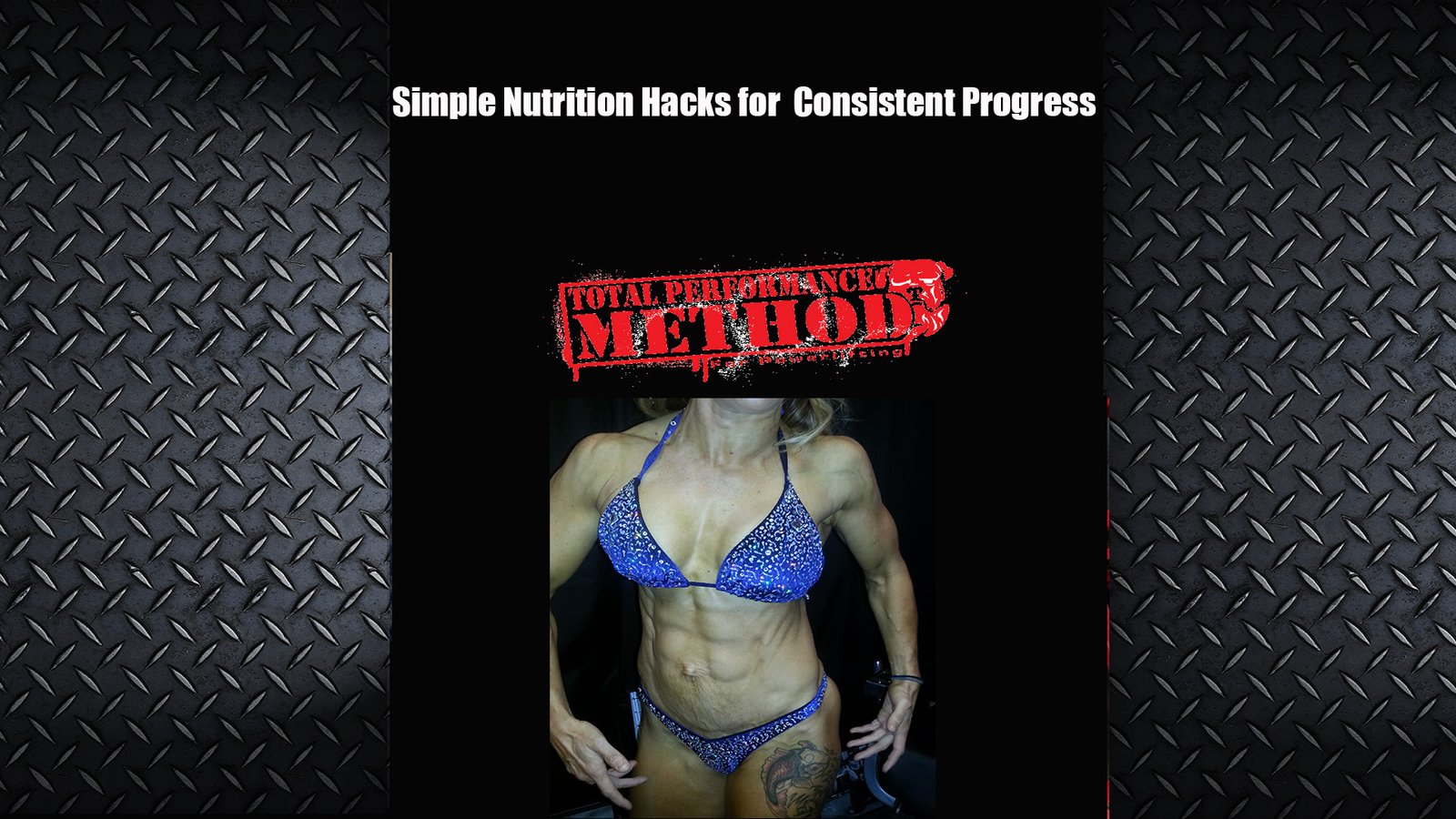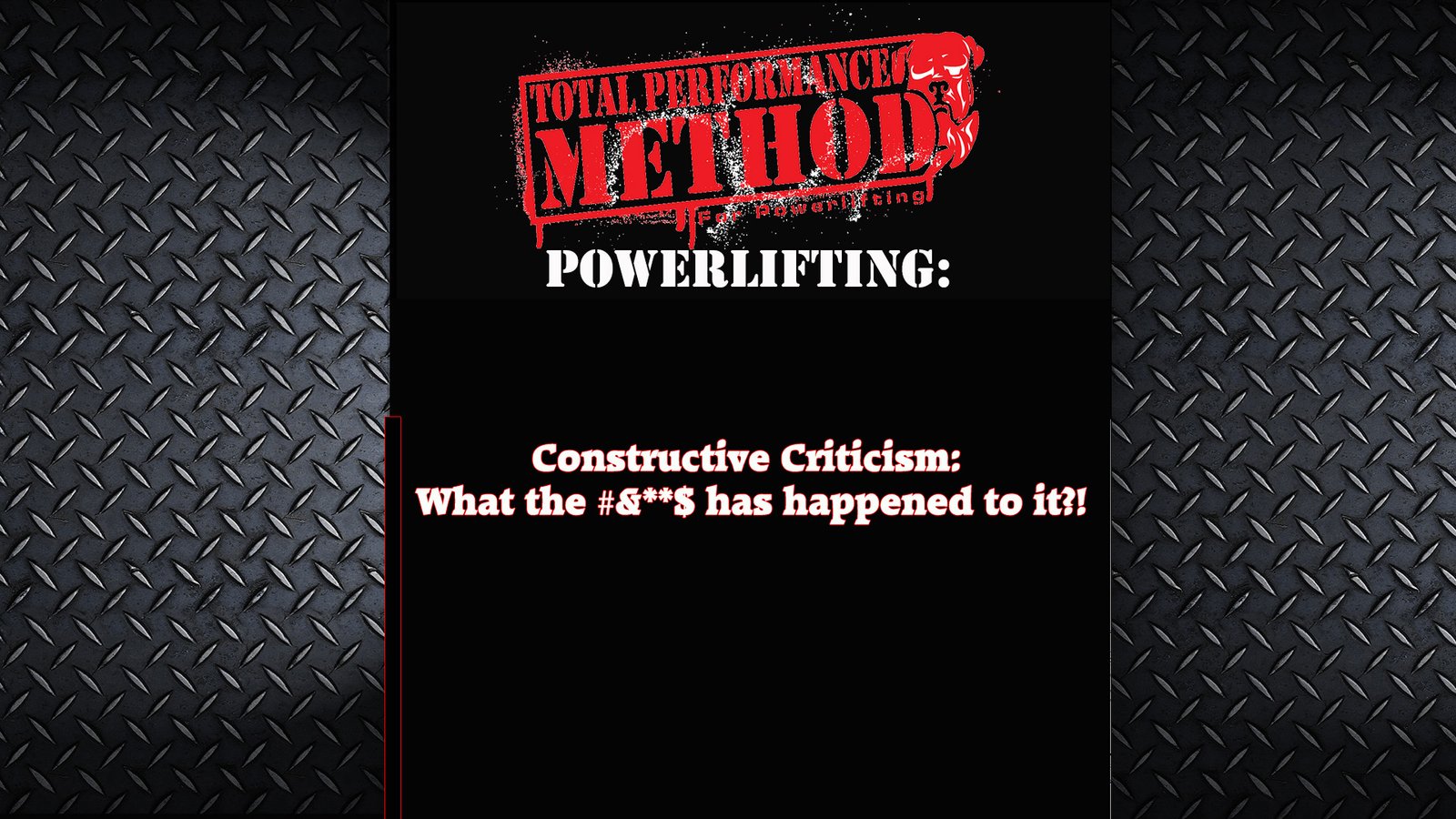If you’ve been reading up on fitness information recently, one thing that you’ve likely heard about before is over training. Over training is a very serious and real thing and something that can start to impact those who try and push just a little too hard – over and beyond what their body is capable of.
Just think of the stories you may have read about Crossfitters getting Rhabdo.

What Is Overtraining?
Overtraining is when you push yourself beyond your current physical limits and suffer one of two consequences. One can range from not so bad to deadly, and one can be very tough to get rid of and is also very serious. I’ll describe each.
Beginners often get caught in the trap of overtraining when they try and do too much too soon, whereas advanced exercisers may find themselves falling victim when they try and push the limits and take their body to the next level.
One thing that many people don’t realize, however, is the difference between CNS overtraining and muscular overtraining. While both will present themselves with similar symptoms, they do come about due to different reasons.
Muscular Overtraining
Muscular overtraining occurs when you’re working any given muscle more frequently than what it’s able to handle and you aren’t providing sufficient rest time between the workout sessions that you are performing.
This can present itself in various forms from severe muscular soreness to rhabdomyosis.
Muscular soreness is not a huge deal and can be dealt with by taking a few days off or doing recovery work like sled dragging. Rhabdo on the other hand can be deadly. If you are really interested, google “rhabdo horror stories” or something like it and you will be surprised.
CNS Fatigue
CNS fatigue, on the other hand comes from performing general weight lifting activity too frequently and/or TOO HEAVILY. This can “fry” out the nervous system.
Any time you lift a weight the nervous system will be working. It works at a much higher rate with Olympic lift variants, powerlifts and heavy weights in general. Whenever you need to move a weight fast the nervous system is heavily recruited. If you don’t monitor your programming and volume/tonnage things can go bad fast.
Nervous system fatigue can lead to:
- lack of motivation
- poor mood
- impaired cognitive ability
- impaired sleep
- impaired immune system
- impaired adrenal gland function
4 Quick Tips To Prevent CNS Burnout
Let’s have a look at four tips that you need to know in order to prevent CNS overtraining so you can be sure that this doesn’t become a factor in your life.
1. Take a Complete Day Off
The first thing that you should be doing to help prevent CNS drain is making sure that you are taking at least one if not two complete days off throughout the week. If you’re going to the gym every day, it’s not really going to matter what type of workout you’re doing. There is such a thing as exercising too much and if you train at a high level it will catch up to you. Your body repairs itself when you rest and take a day off. If you don’t take days off it will never repair.
Rest cannot be overstressed enough. Rest days mean rest days – no intense physical activity at all.
2. Keep Your Everyday Stress Low
The second good idea to help prevent CNS overtraining is to make sure that your everyday stress levels are kept to a minimum. All forms of stress are going to impact your CNS, so if you’re highly stressed out in other areas of your life such as with financial issues, relationship problems or otherwise, this will add up and reduce the amount of training load that you’re able to tolerate.
If you’re placing a high amount of stress on the body due to the workouts you’re doing, it’s a must that you ensure that all other stress is kept to a minimum. This is easy for me to say and hard for many to do. Give it your best.
3. Focus On Quality Sleep
Another thing that you can do if you want to make sure that you are preventing CNS burnout is to focus on 8 hours of quality sleep. If you aren’t sleeping enough throughout the week, this is going to influence the level of recovery you experience and take away from the results that you see.
Get off Facebook and Instagram and turn the TV off and go to bed.
4. Eat
If you are training hard and on a low-calorie diet for too long, this is a sure-fire way to halt your progress and possibly burn out your CNS. It’s a good idea to get a cheat meal in once a week or have one day where you have a caloric SURPLUS (eat more food than you need).
Eating a little extra food once a week should not stop your progress; in fact it will most likely keep it moving in the right direction and refuel your body.
There you have it, a few quick and easy to follow tips to make sure that you are doing the things that you need to do to be healthy and stay strong.
Good luck.
|
|
||







Leave A Comment